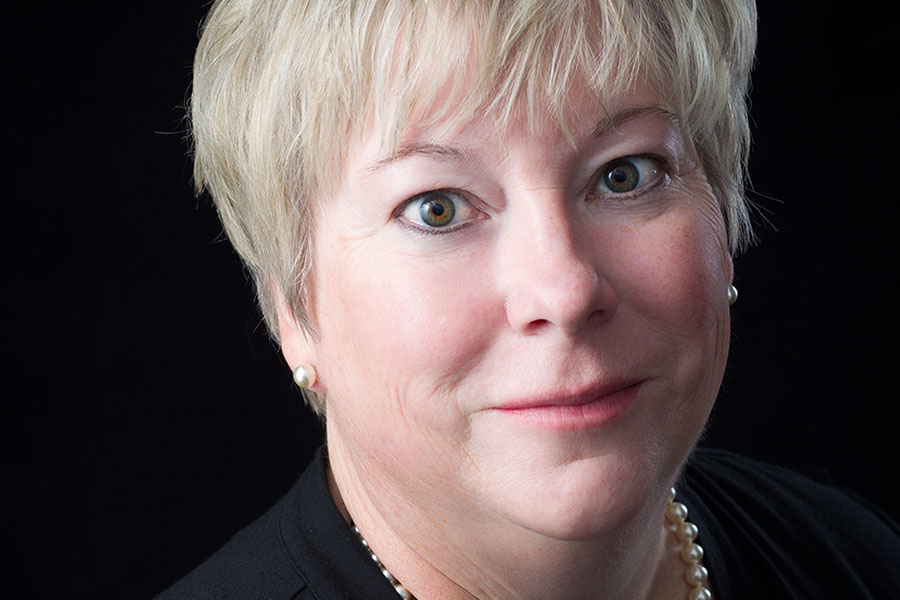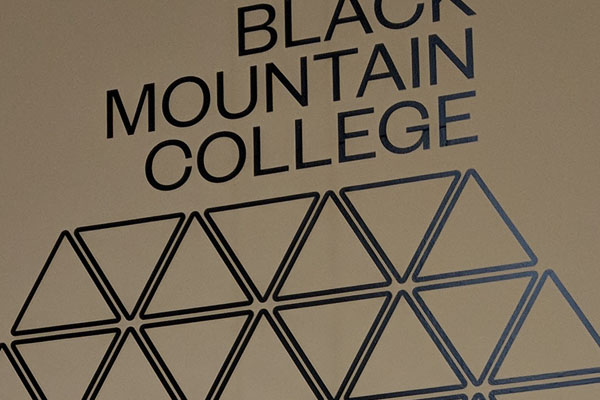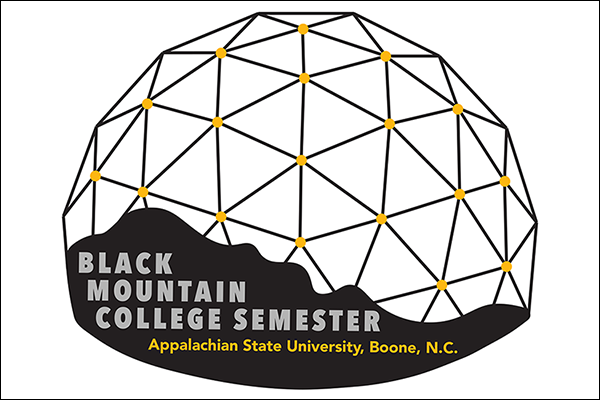As dean, Dr. Neva Specht leads the College of Arts and Sciences’ approximately 5,850 students and 16 academic departments that span the humanities, social sciences, and the mathematical and natural sciences. The college also includes two stand-alone academic programs (Appalachian studies and fermentation sciences), Watauga Residential College, the Center for Appalachian Studies and the Center for Judaic, Holocaust and Peace Studies.
A public historian, Specht taught in Appalachian State University’s Department of History before becoming dean in 2017.
“The collaboration and partnerships in creating this semester-long tribute ...exemplify the curiosity inherent in a liberal arts education.”
Dr. Neva Specht
- In your opinion, what is the value of a liberal arts education?
-
I can say it in one word: curiosity. It’s how people come away with seeing the world and how to explore any given topic. When students leave college, if they continue to be curious, they’ll continue to learn throughout their whole life.
In today’s world, we can’t afford not to be curious. It’s key to a successful democratic society that all people are educated in a broad way. When people can be critical thinkers, solve problems and communicate effectively while being curious, we’ve done our job. If you’re curious, you don’t take someone’s word for it, you look yourself; if you’re curious and something isn’t working, you find another way. Curiosity is what drives innovation.
- Appalachian is hosting the Black College Mountain Semester (BCMS), a series of events and collaborations honoring Black Mountain College as an early leader of progressive, experimental education. How does this tribute, much of which is spearheaded by your college, exemplify the value of the liberal arts?
-
At Black Mountain College from 1933 to 1957, they taught students in an interdisciplinary way to solve problems, to use the arts and other disciplines to explore and learn. A lot of their curriculum involved interactive learning, which is one of the things we do well here at Appalachian. They created a new perspective on education and hands-on learning inside and outside the classroom. Their close student-faculty interaction is a quality exemplified every day at Appalachian.
If Black Mountain College was a rock thrown in a pool, the things they did continue to ripple and have been repeated at liberal arts colleges across the U.S., including Appalachian.
On our campus, we are constantly reinventing education. Some people see education as a stale enterprise, but each semester we’re re-envisioning education by using new books, incorporating new technology and responding to how students are learning — and that’s what we should be doing, since learning is an evolutionary process. We have eight Black Mountain College Fellows who are incorporating new pedagogy in the classroom this semester, which could become models to be scaled up later across campus.
The collaboration and partnerships in creating this semester-long tribute — among university departments, regional museums and the approximately 20 prominent scholars, writers and artists associated with Black Mountain College who are participating — also exemplify the curiosity inherent in a liberal arts education and the innovation that can result from people working and creating together and expanding on each other’s ideas. That’s what Black Mountain College was about, and that’s what can impact our students’ learning this semester and beyond.
A stepping stone to a liberal arts education
Appalachian State University
Spring semester 2018
What do you think?
Share your feedback on this story.






![How NCInnovation Is Rethinking Economic Development in North Carolina [faculty featured]](/_images/_posts/2026/02/rethinking-economic-development-600x400.jpg)







